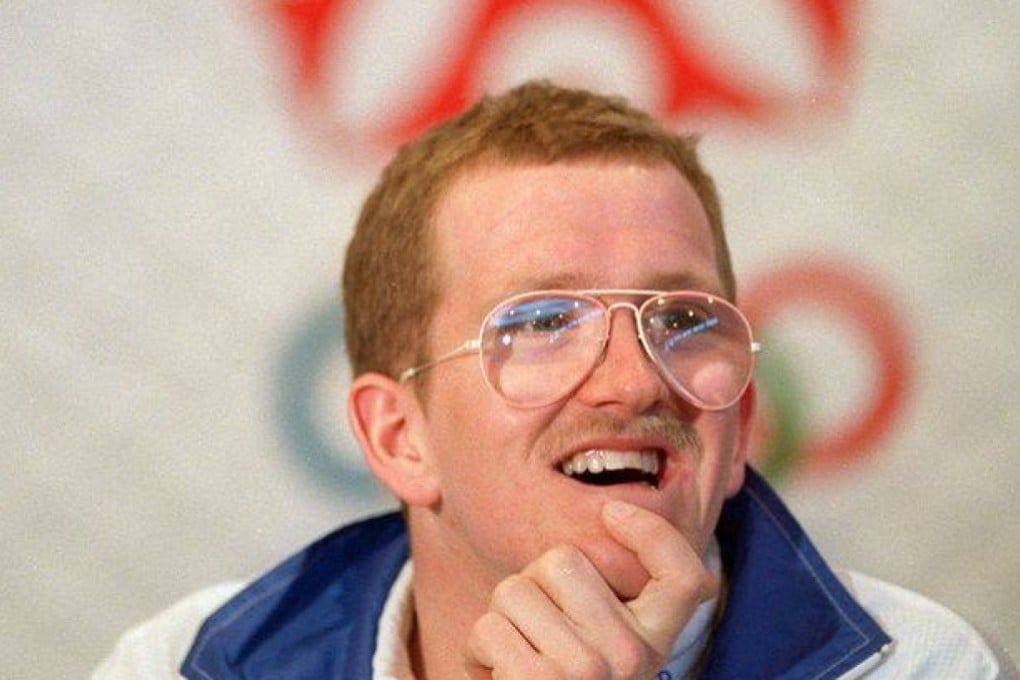Winter Olympics: how Eddie the Eagle became the world’s most famous underdog and the star of 1988 Games in Calgary
- British ski jumper Michael ‘Eddie’ Edwards came last in both his events in Calgary, results that would rocket him to stardom as ‘Eddie the Eagle’
- He was shunned by many other athletes who felt he was stealing their thunder, but Finland embraced him and even wrote a song about him

Every now and then there comes along an underdog who steals the show. At the 1988 Calgary Winter Olympics, the ultimate underdog emerged as the outright hero of the Games, and he is still almost as popular today as he was 34 years ago.
His name is Michael ‘Eddie’ Edwards, then a young British ski jumper who was to be rebranded by the media as “Eddie the Eagle”. During those Games he would become a mascot like superhero of the Olympics.
And fame was not because of his skill as a ski jumper. In fact, it was quite the opposite. He finished last in the 70m and 90m in Calgary 1988, but his almost comical efforts made him one of the most famous underdogs in world sport.
It was something totally unexpected by the young plasterer from Cheltenham in the southwest of the UK, who hardly fitted the traditional Winter Olympian profile given his working-class background.
He certainly ruffled a few feathers and, while the world embraced him, not all his fellow Olympians felt he deserved the attention he was getting.
“It was one of those things; I had no idea that when I went to Calgary I was going to get christened Eddie the Eagle and get as much attention as I did,” Edwards, 58, told the Post. “Some of the members of the team were quite nice, but most didn’t like what was happening at all.